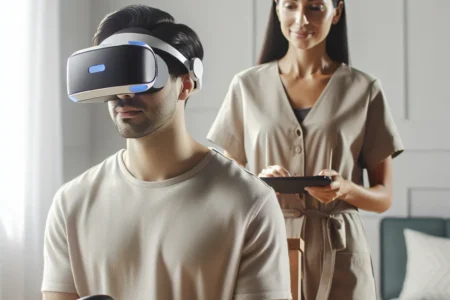Animal-assisted therapy (AAT) has been proven to play a critical role in mental health treatment, offering a wide range of benefits to individuals struggling with various psychological conditions. The presence of animals in therapy sessions reduces stress and anxiety, improves mood, increases socialization, and enhances overall quality of life. Animals provide unconditional love and nonjudgmental companionship, creating a safe and nurturing environment, and caring for an animal promotes a sense of purpose and responsibility, ultimately contributing to self-esteem and self-worth. Scientific evidence supporting AAT in mental health treatment has been steadily growing, demonstrating its ability to reduce anxiety, depression, and PTSD symptoms, lower stress hormone levels, and increase neurotransmitters associated with pleasure and happiness. The therapeutic rapport and engagement facilitated by interactions with animals create a non-threatening environment, making it easier for individuals to express their emotions, contributing to the holistic approach to mental wellness.

